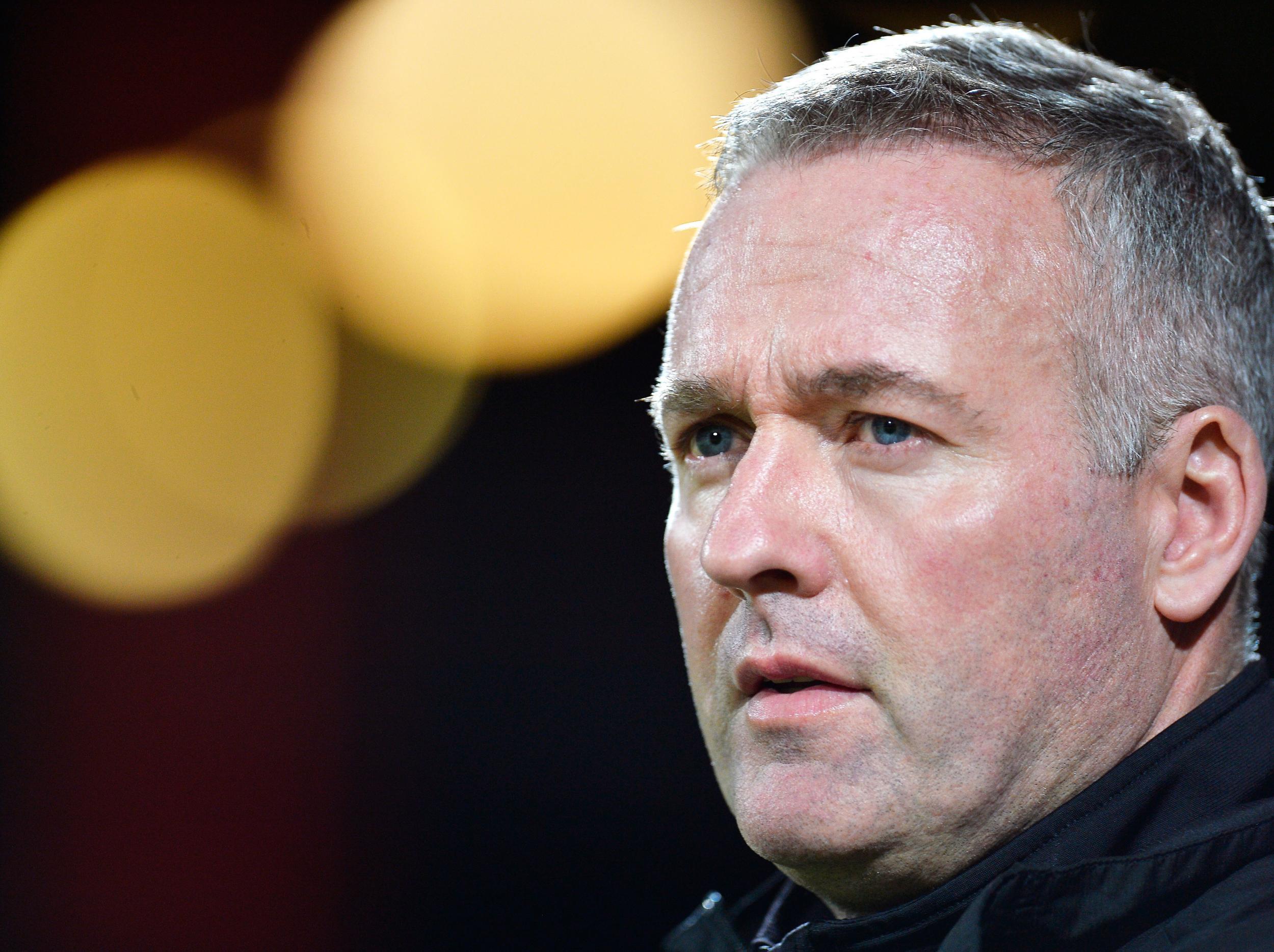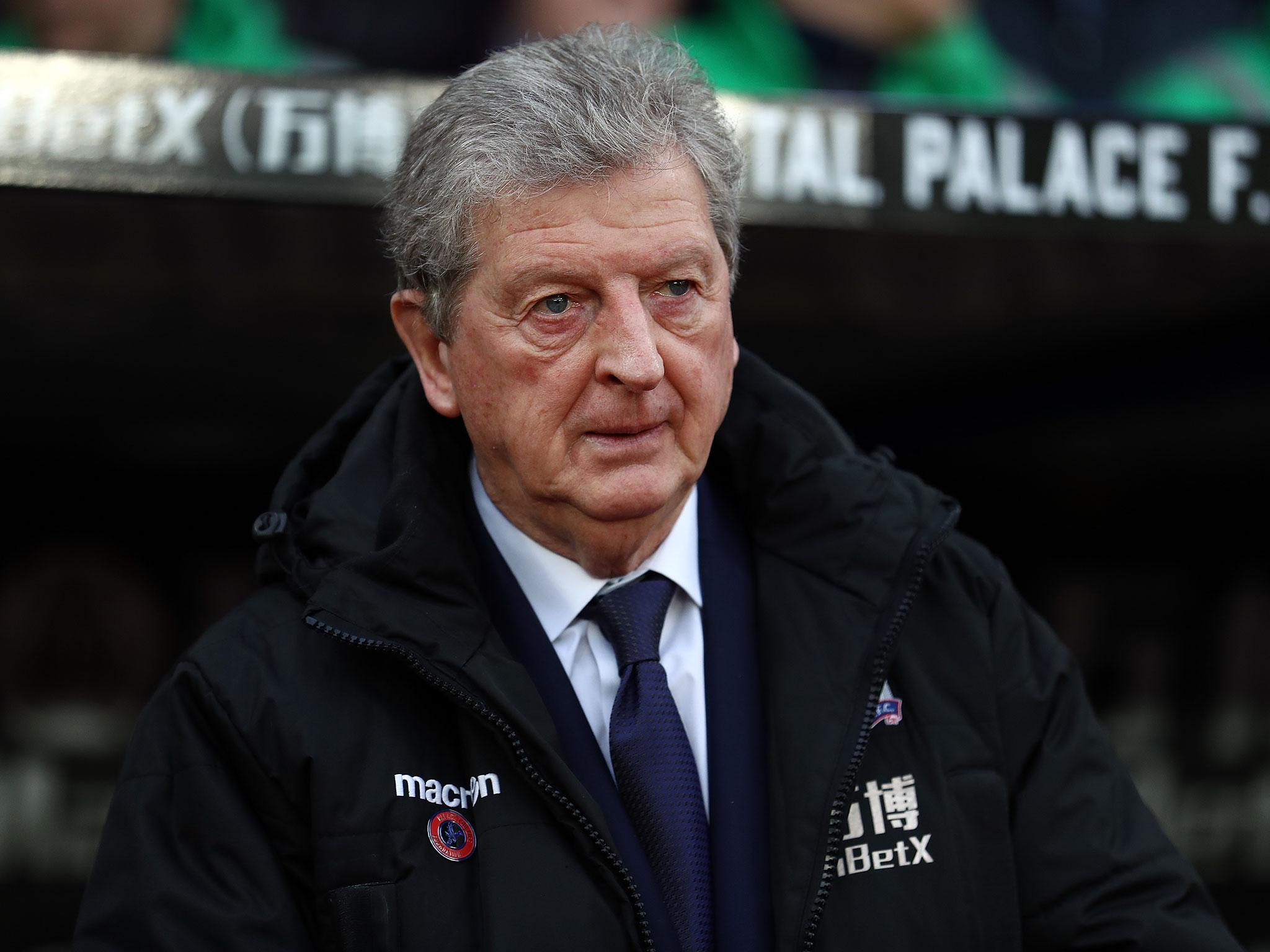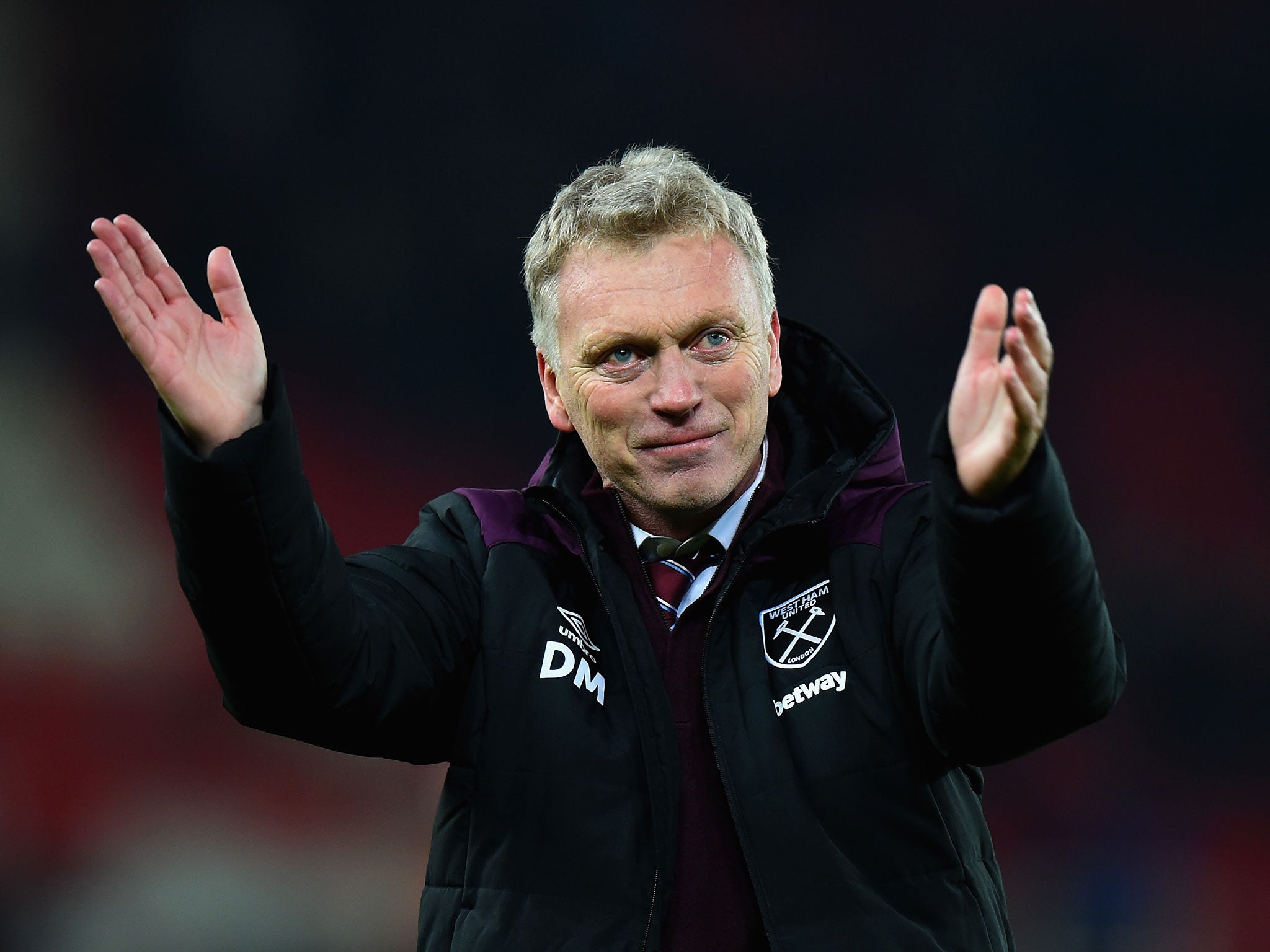The Premier League's relentless strive for dominance has created the exact managerial market it didn’t want
It wants to be 'if you're not here, you're nowhere' - and that has left clubs taking the safe, dull option

Your support helps us to tell the story
From reproductive rights to climate change to Big Tech, The Independent is on the ground when the story is developing. Whether it's investigating the financials of Elon Musk's pro-Trump PAC or producing our latest documentary, 'The A Word', which shines a light on the American women fighting for reproductive rights, we know how important it is to parse out the facts from the messaging.
At such a critical moment in US history, we need reporters on the ground. Your donation allows us to keep sending journalists to speak to both sides of the story.
The Independent is trusted by Americans across the entire political spectrum. And unlike many other quality news outlets, we choose not to lock Americans out of our reporting and analysis with paywalls. We believe quality journalism should be available to everyone, paid for by those who can afford it.
Your support makes all the difference.Right at the core of the Premier League, and right from the middle of the table, there is a profound contradiction.
The gargantuan broadcasting deals and audience figures prove the competition has become football’s great big show, a glitzy triumph of marketing, and as recently as December one prominent club official was enthusing about plans to make it “the NBA of football”. They want it to evolve to the kind of event where the biggest names and top stars think that “you are either there or you are nowhere”. The prizes are that great, the promotion even better.
And yet, in order to stay “there”, so many of the clubs are going for the oldest names and managers who aren’t quite at the top of their game anymore, nor predisposed towards the sort of football that such officials want to sell the Premier League on. They go for hardened British fire-fighters rather than bright young internationalists willing to blaze a trail that was part of the global sales pitch. Of the seven mid-season managerial appointments this campaign, five of the clubs have gone for figures aged 48 or over and with the feted “Premier League experience”. It is actually only the latest of them, the 48-year-old Paul Lambert at Stoke City, who is under the age of 54.
This look to the local and the known is really another ironic and unintended consequence of conquering the globe. The marketing built on the glorious openness of the Premier League has helped accumulate so much money that the price of dropping out of the division has become too great, so many clubs and many managers resort to the type of approach that locks down the football and also goes against that marketing. It could be seen over Christmas.
The main results are so many fixtures that involve a resounding contrast between extreme attack and extreme defence, something that has been highlighted as a growing problem for the Premier League, as well as such a congested bottom half of the table.
This is not to totally dismiss such managerial appointments, or such styles.
With just eight points between West Ham United in 11th and Swansea City in 20th and thereby so much uncertainty in the bottom half, it is no surprise that so many clubs are going for the perceived security of managers who know the league and know what makes a stable defence. Threats to your Premier League status don't foster the best opportunities for an adaptation process. The natural mistakes that come from learning can now be fatal.
Then there are the actual on-pitch results.
For all the disparagement and criticism that Roy Hodgson, Sam Allardyce and David Moyes received on their appointments, all have greatly improved the performances and situations of their clubs, to a transformative degree. It has been hugely creditable, and largely down to ‘going back to basics’: getting the organisation right, not overcomplicating things, but making your side complicated to beat. Moyes enjoyed a particular triumph this weekend. It was not just the scale of the 4-1 away to Huddersfield Town, but also how it allowed West Ham to scale to 11th in the Premier League, now just a point behind the previously fashionable Marco Silva’s Watford.
Whatever about a contradiction or unintended consequence, this is just a hugely convincing response.
There was at the same time a somewhat conspicuous response to a question from West Ham’s Pablo Zabaleta, in the aftermath of that win.
“First we need to save our season,” the full-back said. “And then if David Moyes stays for the next couple of years, he’ll have a chance to bring in his players and maybe get the team playing a different way.”
Yes, about that.

That evolution is possible, of course, but it would take quite a change from managers like Moyes or Hodgson to suddenly go so different relatively late in their careers.
This is also a fundamental dilemma that half the clubs in the Premier League are going to face, and a further problem of the situation so much money creates.
All of the clubs in the division obviously want to develop their own brand, and play the kind of football that makes them attractive, but that desire is undercut by the constant conflict between the short term and the long term. It is a conflict then distorted by the money available and what that money has done.
Since the league is so split and the relegation battle now notionally goes up to the very middle of the table, there is no longer the space for clubs to let a manager breathe and try something different. There's just too much pressure for attempts at progress. Money has helped obliterate mid-table obscurity.

It no longer exists in the same way. Clubs can no longer get to a point of consolidation and security that then allows them to try and evolve in the manner Southampton and Stoke City have done.
Stoke’s regression is especially telling, as is Swansea’s, and they have effectively fallen into what might be called the Sunderland cycle.
Once you get into a situation where you keep hiring fire-fighters or managers of a certain outlook, it's difficult to build beyond that, and you keep having to do the same thing again and again because you never really get the chance to build for the medium or long-term. Safety just becomes the eternal Sisyphean aim, both in terms of how you play and the status.
This again isn’t to dismiss the possibility for growth of a certain grade of managers, or immediately assume any bright new name is good and capable, but the point is allowing the patience for more expansive outlooks. Most clubs will now only have a very narrow window to do so. That is why some at Stoke were disappointed not to get Quique Sanchez Flores, because he would at least have offered that rarer mix of modern expansive football and Premier League experience. As it is, they've had to lean to the latter in Lambert.
That trend has created a competition where almost half the teams prioritise compact football, cutting against the openness the Premier League has been trying to build on. It has instead developed a contradiction, the two very different halves of the table representing two very different sides of the same coin.
Join our commenting forum
Join thought-provoking conversations, follow other Independent readers and see their replies
Comments